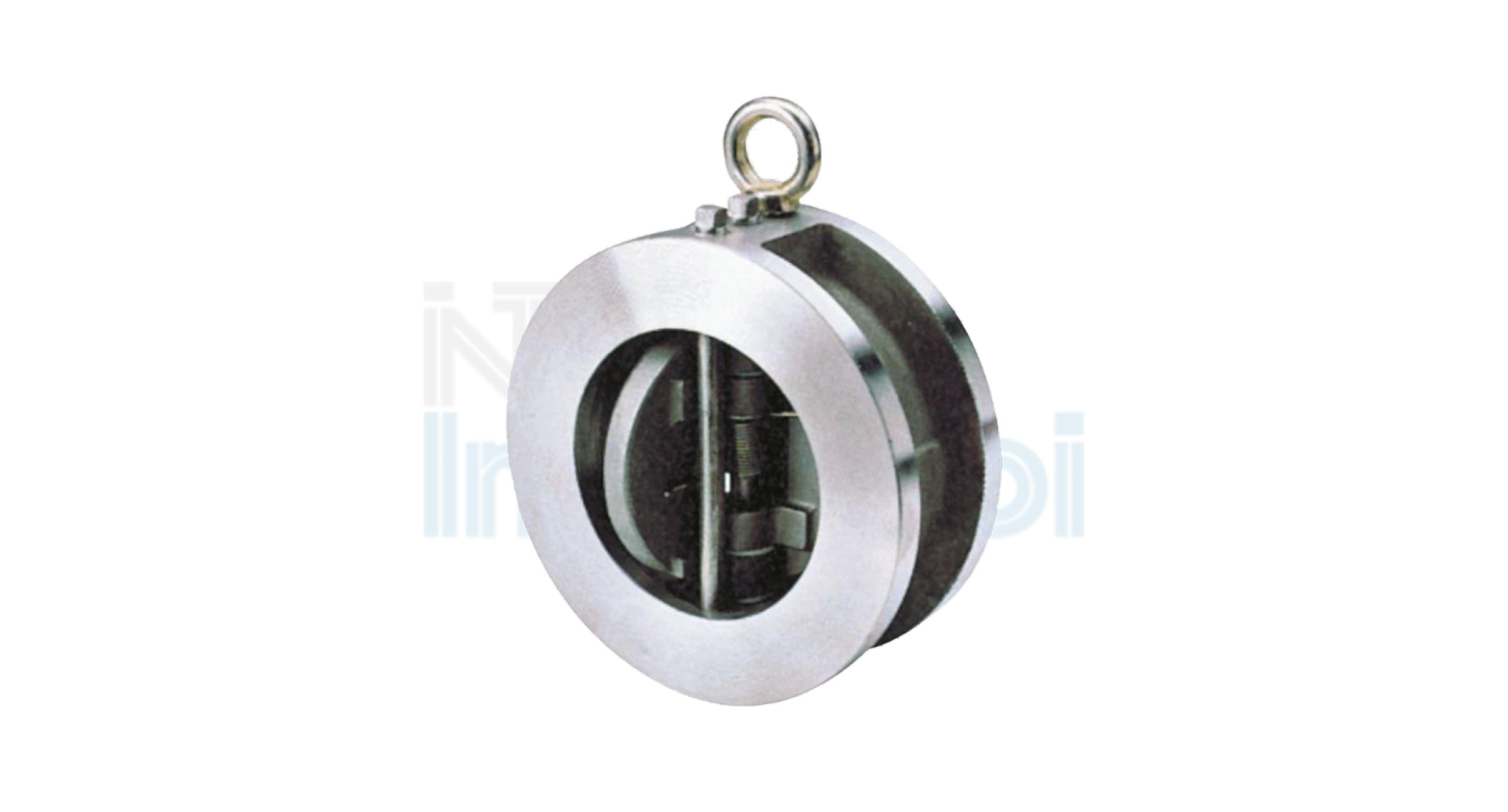In fact, they can be of various types and can guarantee different functions ranging from safety to the possibility of guaranteeing the non-return of the flow. The choice of stainless steel, as will be seen later, has numerous advantages that make these valves preferable over solutions in polymeric material or brass.
The main characteristics of these valves are:
- High mechanical properties: being made of steel, they have mechanical characteristics of considerable importance that allow high resistance even when subjected to cyclic and long-lasting loads;
- Corrosion resistance: the presence of chromium and nickel in the alloy allows excellent resistance to aggressive environments, which certainly affects other outstanding characteristics of this type of component;
- Resistance to high temperatures and pressures: based on the operating conditions in which the stainless steel valves are to operate, this property is fundamental;
- Durability: these are components that have an extended useful life over time, better than other types of valves;
- Hygiene and cleaning: they can be used in systems whose fluids are intended for or are in contact with the food sector.
All these characteristics highlight the excellence of this type of products both from a functional point of view and, above all, from the point of view of the safety of the environment in which they operate, allowing to limit accidents, even serious ones, that may occur during operation.
Despite this, it is clear that there are other factors of equal importance to consider:
1. The production chain: the material can have extraordinary properties but must be accompanied by an up-to-the-minute production chain, starting from a quality raw material and arriving at the transformation and production of valves;
2. Quality control: at the end of production it is necessary to provide for the quality control of the components made. In fact, any process is characterized by some intrinsic defects that can lead to errors and failures: the important thing is to detect these anomalies and correct them promptly;
3. Ordinary maintenance: time, as for all components, has a degrading effect on the characteristics. For this reason, preventive planning and carrying out maintenance interventions are a necessity.
If even one of these aspects, or one of the phases of which they are composed, is neglected, the product can present some criticalities, even of considerable importance.
The experience and quality of Intertubi products, in addition to the certified supply chain, guarantee the production of excellent and long-lasting
stainless steel valves.
